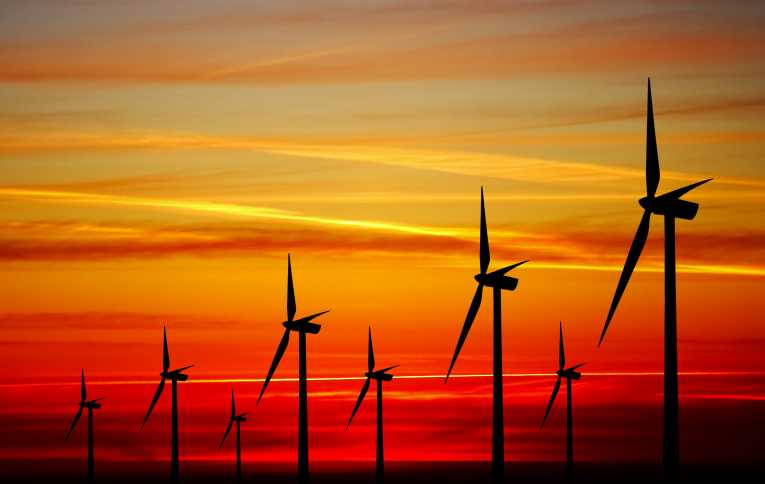Yesterday’s report from the UK's Climate Change Committee (CCC) - a review of the options for moving the UK's energy sector to a low-carbon future - was certainly a bold stab at tackling the global warming hydra.
Unfortunately, whilst the boldness of the vision in the slaying the beast was certainly there, the tools the CCC put at the government's disposal were severely lacking. A nuclear power 'renaissance' was laid out as the weapon of choice, with the review putting forward a favored scenario that has 40% of power generation coming from nuclear by 2030.
That would be a huge mistake. Such a reliance on the double-edged sword of nuclear power is a possibly fatal encumbrance in the fight against climate change.
The reason lies in the specter of a radioactive disaster, which has hung over the whole enterprise of 'power from the atom' since its start, under the shadow of Hiroshima. That danger was pointedly re-sharpened in the global mind, by Japan's multiple nuclear blowouts at Fukushima two months ago.
But the danger is not so much the fear of a repeat of the Fukushima scenario in the UK - earthquakes and tsunamis are not legion in north-west Europe - but more the mushrooming costs needed to banish that fear from the nuclear power equation. Whilst the pro-nuclear is happy to point out that problems with the old Boiling Water Reactors (BWR) at Fukushima couldn't possibly happen with the modern Pressurized Water Reactors (PWR), it is the cost of iron-cladding that certainty that is killing the nuclear option.
The third-generation nuclear power plants being proposed as the backbone of the low-carbon economy have seen their costs rocket - they are now pushing the $10 billion mark, for a typical 2-reactor installation. And those costs are rarely fixed - a study looking at the historical costs of building nuclear power plants shows that cost overruns can hit 2 to 4 times the original estimates.
Those cost worries are made worse by the fact that nuclear power is not renewable. Modern reactors require uranium, and any large-scale push to ramp up nuclear power is going to make uranium ore increasingly rare - and expensive. Add to that the still unsolved problem of how to deal with radioactive waste, that needs to be kept safe for thousands of years, and the idea mooted in the CCC review - that nuclear power is ''likely to be the lowest-cost low-carbon technology'' - seems to be based on the rosiest of projections.
In comparison, the costs of wind power - a relatively small-scale (but scalable) easy-science and low-carbon solution - are only likely to fall as investment piles in. Yes, wind power is fickle, as is solar, dependent on the vagaries of the weather. But that is why major investments in smart grids, electric storage solutions and Europe-wide mega-grids, to even out renewable energy's erratic energy flow, is essential. Pouring more money into the dubious talisman of nuclear power will only result in the climate-change hydra growing ever more heads.










